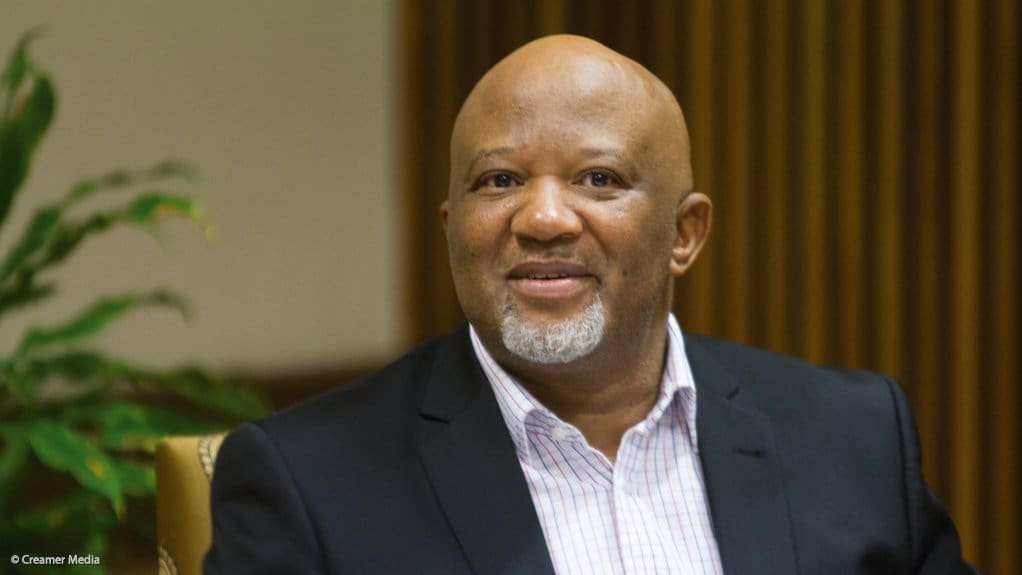South Africa’s political discourse remains fixated on squabbles in the Government of National Unity (GNU), while a far more consequential threat looms: one that could devastate the economy, cripple state functions, and isolate the country from global tech infrastructure.
That threat is the impending United States–South Africa Bilateral Relations Review Act (H.R. 2633), which, if passed, could trigger a chain reaction of sanctions, investment flight, and technological decoupling.
The question is not if South Africa is prepared, it’s whether GNU, led by the African National Congress (ANC), even recognises the danger.
The U.S. Supreme Court’s recent ruling in Trump v. CASA (2025) confirmed that only the Supreme Court can block nationwide injunctions against executive orders.
This means that if President Donald Trump signs an order restricting tech exports or imposing sanctions on South Africa, there will be no quick legal fix.
Given South Africa’s deepening ties with Russia, China, and Iran, considered adversarial states by the U.S., the risk of punitive measures looms large.
The Democratic Alliance (DA), the second-largest party in the GNU, on Tuesday claimed that President Cyril Ramaphosa was aware, for months, that his “Special Envoy” to the U.S., Mcebisi Jonas, failed to get a visa.

With South Africa just two weeks away from potentially crippling 30% U.S. tariffs, the DA said Jonas was denied a diplomatic visa by the US in May 2025, and Washington formally rejected his credentials, and refused to acknowledge him as South Africa’s legitimate representative.
The DA said despite repeated warnings to appoint an alternative envoy, the Ramaphosa administration chose inaction.
Yet, in a June 2025 SABC interview, the President doubled down, insisting, “Mcebisi Jonas is still my North American envoy and has done good work.”
The Presidency has since pushed back, dismissing the DA’s claims as “disinformation” and asserting that special envoys do not require formal diplomatic credentials like ambassadors.
While the specifics of Jonas’s work remain undisclosed, the Presidency insists his contributions to fostering trade and diplomatic relations with the U.S. have been vital. This raises serious questions: If Jonas was never formally recognised by the U.S, what exactly was his role?
And why did the government ignore clear red flags, leaving South Africa vulnerable to severe economic repercussions?
The Ramaphosa administration’s handling of this crisis, marked by evasion and denial, demands urgent scrutiny.
H.R. 2633 mandates a comprehensive review of bilateral relations, which could lead to sanctions on ANC-linked officials, suspension of critical research and development partnerships.
It could also lead to restrictions on high-tech exports such as semiconductors and cloud infrastructure, and a reassessment of investment treaties that could freeze foreign direct investment in key sectors.
The implications are severe, yet South Africa’s political leadership appears dangerously complacent.
South Africa’s public and private sectors are deeply dependent on U.S. technology. Companies like Microsoft, Amazon, Google and Cisco power everything from Eskom’s electricity grid to Transnet’s logistics systems.
If sanctions are imposed, U.S. firms may freeze contracts with state-owned enterprises to avoid violating U.S. law, leaving critical IT upgrades in limbo.
Supply chains for high-end technology, including AI chips, servers and cloud services, could be disrupted, forcing South Africa to rely on alternatives from China.
Joint ventures with politically connected entities, particularly those tied to ANC-aligned BEE firms, could be deemed sanctionable, deterring future investment.
Johannesburg’s status as a regional hub for U.S. tech expansion into Africa could collapse overnight, with companies shifting operations to more stable markets like Kenya, Nigeria, or Egypt.
The economic ripple effects would be devastating, slowing job creation, stifling innovation and eroding South Africa’s competitive edge in the digital economy.
South Africa’s geopolitical alignment, particularly its neutral stance on Russia, could see it labeled a “high-risk” jurisdiction for dual-use technologies such as AI and encryption tools.
This classification could lead to exclusion from U.S. cloud services like AWS and Azure if data localisation policies clash with the U.S. CLOUD Act.
The South African National Defence Force and state cybersecurity initiatives could lose access to critical U.S. software, weakening national security.
Furthermore, conflicts between South Africa’s Protection of Personal Information Act (POPIA) and U.S. surveillance laws may force tech companies to localise data infrastructure at exorbitant costs.
A dysfunctional State Information Technology Agency (SITA) would struggle to manage these complexities, exacerbating inefficiencies in government IT systems.
Ironically, the very ANC-connected elites who have benefited from state contracts and BEE deals would be the first to suffer under U.S. sanctions.
Asset freezes, travel bans, and exclusion from global financial systems would hit politically exposed individuals hardest.
To mitigate the fallout, South Africa must fast-track diplomatic engagement with Washington, lobbying against H.R. 2633 and negotiating waivers for critical technology trade.
Diversifying tech partnerships without triggering sanctions is essential, as is reforming BEE compliance to ensure state deals do not expose U.S. companies to legal risks.
Most urgently, South Africa must develop contingency plans to bolster local tech capacity, including investment in semiconductor design, open-source software alternatives, and homegrown cybersecurity solutions.
Waiting for a crisis to strike is not an option; the economic and geopolitical costs would be irreversible.
But we all know that the country is technically bankrupt and has no capacity to do this.
While the GNU and cop versus cop squabbles dominate headlines, the real threat is H.R. 2633, a legislative time bomb that could sever South Africa’s access to the technology that powers its economy.
If the ANC fails to act, the consequences will be catastrophic: massive job losses, infrastructure decay, and long-term isolation from global innovation networks.
The fuse is already lit.
The only question is whether South Africa’s leaders will act before it’s too late.
The big question is whether the ‘collapse’ of the GNU will detonate that bomb and create economic havoc not only for South Africa but also for its neighbouring countries and SADC.
